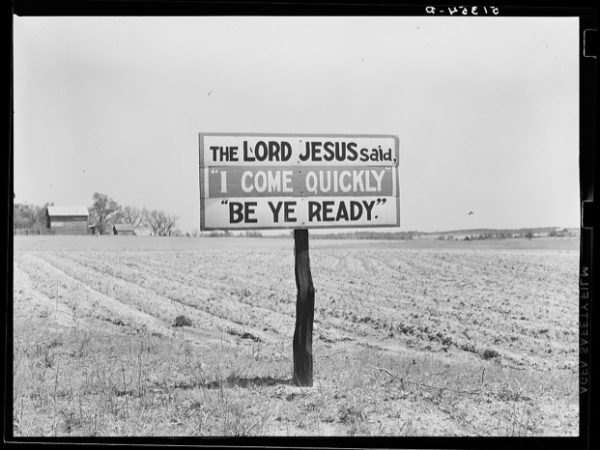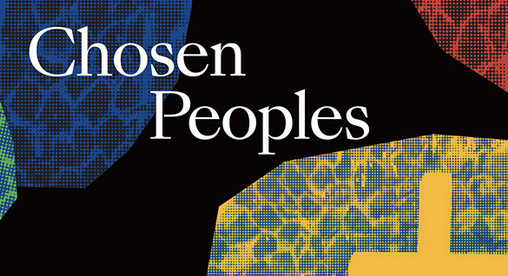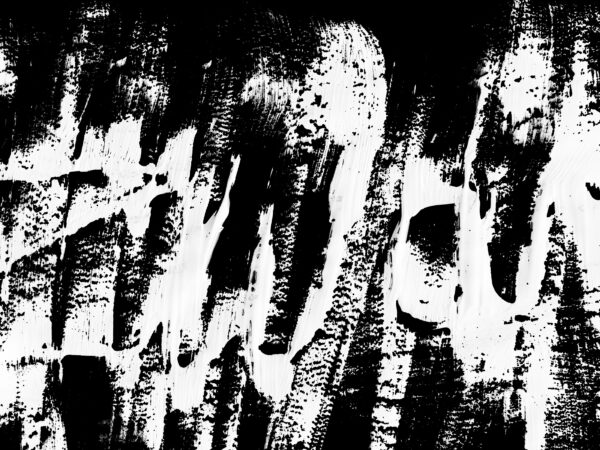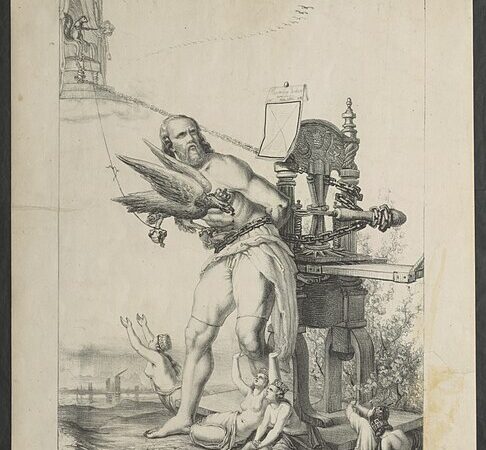
For Marx, religion is more than “the opium of the people,” it is the mirror of society turned upside down. This essay examines Marx’s critique of religion as well as his critique of other contemporary critiques of religion. This critique of religion became the starting point of his critique of political theology and, later, political economy.
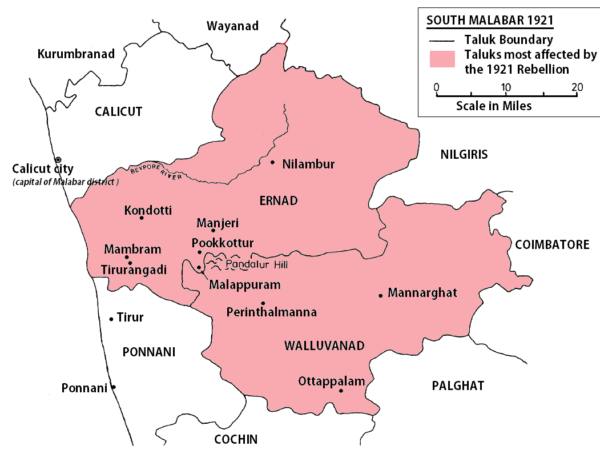
This blog post investigates and problematizes a certain narrative strategy in the historiography of Malabar rebellion, in which “war” (“yudham”) and “riot” (“lahala” or “mutiny”) were configured on the model of “politics” and “religion”. The post asks what kind of sovereign formation was imagined in such a narrative strategy and why it needs to be addressed.
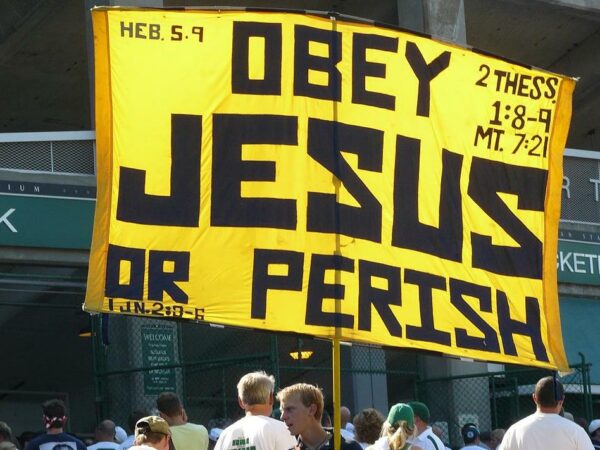
To understand what’s going on today, we need to understand the 400 year story of Christian privilege in America.
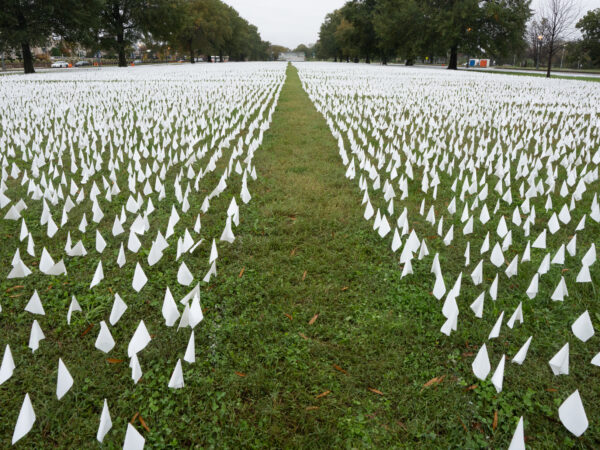
If theorizations of care are to more directly address the current “crisis of care,” we need not only to prioritize the kinds of embodied, particularized care that care ethics has highlighted in the past, but to explore a wider range of caring relationships and their diverse structures.

The judgment of history is a moral belief that, somehow in the long run, the good and the true will win out, since the “long arc of the universe bends towards justice.”

Joan Wallach Scott’s On the Judgment of History serves as an invitation to uncover a multiplicity of traditions, perspectives, and forms of agency that embrace discontinuity and tension while resisting closure, and the essays in this symposium function as an active experiment in precisely this type of endeavor.

This guide is an initiative of the Society of Christian Ethics Interest Group on “Christianity and Prison Abolition.” It offers a few ideas and best practices for teaching about prisons in a way that resists deeply embedded carceral language and logics that we might not even know we inhabit.
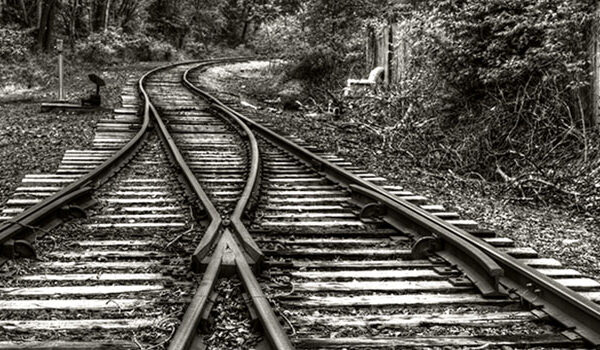
…dialogues between these two disciplines have revolved around anthropology’s socially situated “is” and theology’s normative “ought,” asking how these disciplines can take what they are allegedly missing from each other. In this way, anthropology and theology recapitulate a much broader divide between religion (as a moral realm) and science (as a purely descriptive domain). This division is fairly recent, growing up since the late nineteenth century (Numbers 2010), but it is now part of our common-sense. I want to question this division in what follows.
